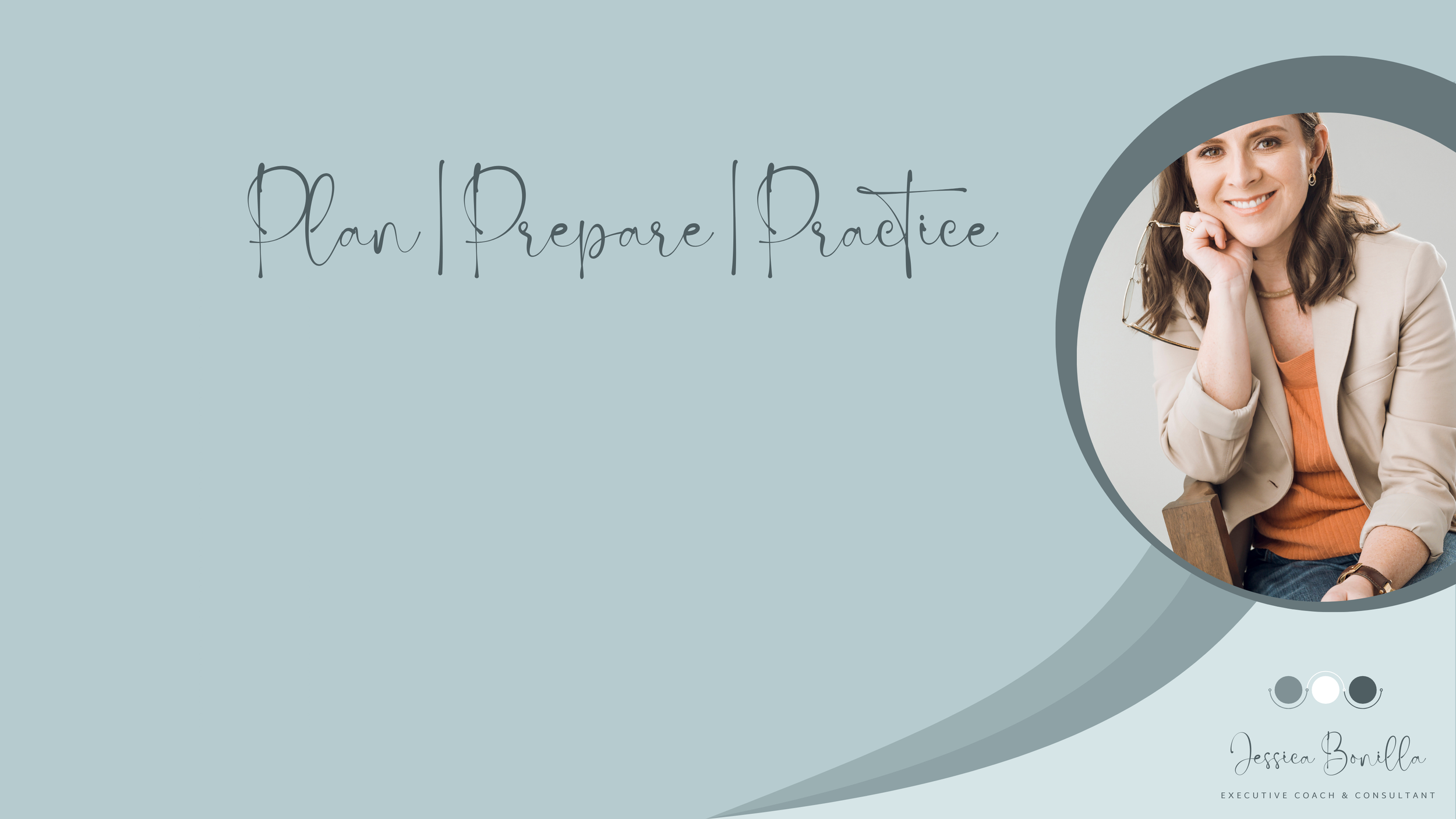How do I overcome feelings of self-doubt in a leadership role?
Why This Matters
The narrative of self-doubt that we carry in our minds directly impacts how we feel, think, and act. This biological sequence influences our behaviors and decisions, often in ways that we don't fully understand. The way we project ourselves to others is a direct reflection of this narrative. While it's expected for leaders to project confidence, I believe it’s more important to discover the elements of that self-doubt narrative. By addressing it, you can build genuine confidence, which is far more sustainable and empowering.
Common Challenges
In my experience, identifying the nature of self-doubt is the number one challenge leaders face when dealing with change. Here are a few questions that can help you assess whether your self-doubt is based on facts or emotions:
Is it inspired by rational thoughts and backed by facts?
What specific information do I have at hand to support that?
Is my emotional state triggering these thoughts?
Am I reacting impulsively, or am I responding thoughtfully?
Although it’s difficult to take a step back, making time to pause is crucial. Ask yourself these questions first—and if possible, discuss them with someone who has earned your trust. Then, take action to address your narrative and build a plan to move forward with confidence.
Try This Instead
Remember, self-doubt is a natural part of being human. Instead of allowing it to control you, try these strategies:
Understand Your Personality Type: Whether you're an extrovert who thrives in ambiguity or an introvert like me who prefers structure, knowing your personality type helps you navigate uncertainty.
Solidify Your Competence: Your ability to deliver results is the proof of what you can accomplish. Reflect on your top 2-3 skills, and consider how those transferable skills have helped you succeed in the past. Think about how you can apply them to the areas where you’re facing doubts.
Challenge Your Thoughts: Not everything you think is true. Remember that you have the power to change what you believe about yourself.
Take a moment to pause and check in with yourself. Make time to process your thoughts and reflect on the progress you’ve made, no matter how small. Fit to Lead leaderships are self-awareness and manage their growth. Celebrate the steps you’ve taken, and remember that every bit of progress is a victory. You are on the right path—trust yourself, and keep moving forward.


